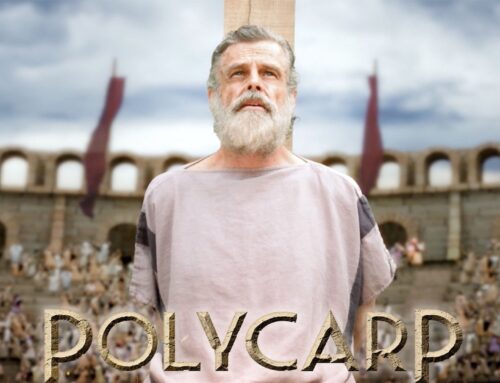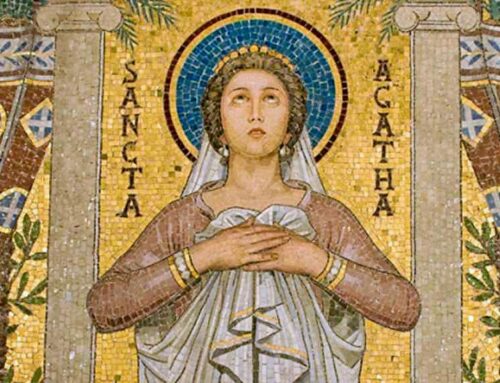When one finds the light of truth, he realizes that it is a light for everyone, and thus dialogue does not accept superficiality, Benedict XVI says.
Dionysus the Areopagite
When one finds the light of truth, he realizes that it is a light for everyone, and thus dialogue does not accept superficiality, Benedict XVI says.
The Pope affirmed this during today’s general audience in St. Peter’s Square, which he dedicated to reflect on a “very mysterious figure: a theologian from the sixth century, whose name is not known, and who wrote under the pseudonym of Dionysius the Areopagite.”
The Holy Father noted how the name refers to a character from Acts of the Apostles, one of those convinced by St. Paul’s preaching in the Areopagus in Athens.
Why the sixth-century author chose to use that name can best be attributed, the Pontiff contended, to the theologian’s desire to be humble, as well as to intention to follow in the footsteps of his namesake, promoting “an encounter between culture and Greek intelligence with the announcement of Christ.”
Benedict XVI placed Dionysius’ writings in the context of the sixth century, with the conflict that ensued after the Council of Chalcedon. His writings also responded to a Neoplatonic thinker, Proclo, who advocated a return to the polytheism of ancient Greek religion.
The Holy Father noted how Pseudo-Dionysius wrote, “‘I would not like to cause polemics; I simply speak of the truth; I seek the truth.‘ And the light of truth by itself makes error fade and makes what is good shine. With this principle he purified Greek thought and related it to the Gospel.”
“This principle, which he affirms in his seventh letter, is also the expression of a true spirit of dialogue: It is not about seeking the things that separate, one must seek the truth in Truth itself; this, then, shines and causes errors to fall,” the Pontiff affirmed.
Mysticism
Benedict XVI contended that the theology of the sixth-century author is “the first great mystical theology.”
His teachings use “negative theology,” that is the idea that “the most elevated concepts of God never reach his true greatness” and that “it is easier to say what God is not than to express what he really is.”
Pseudo-Dionysius tells us that “in the end, love sees more than reason. Where the light of love is, the shadows of reason fade away. Love sees, love is an eye and experience gives us much more than reflection,” the Holy Father added.
The Pope drew another element from the writings of the sixth-century theologian.
He said he has a new relevance as a “great mediator in the modern dialogue between Christianity and the mystical theologies of Asia, marked by the conviction that it is impossible to say who God is, that only negative expressions can be used to speak of him; that God can only be spoken of with ‘no,’ and that it is only possible to reach him by entering into this experience of ‘no.’ And here is seen a similarity between the thought of the Areopagite and that of the Asian religions. He can be today a mediator like he was between the Greek spirit and the Gospel.”
In this context, the Holy Father spoke about dialogue as something that “does not accept superficiality.”
He explained: “Precisely when one enters into the depths of the encounter with Christ, an ample space for dialogue also opens. When one finds the light of truth, he realizes that it is a light for everyone; polemics disappear and it is possible to understand one another, or at least, speak to one another, draw closer together.
“The path of dialogue consists precisely in being close to God in Christ, in the depths of the encounter with him, in the experience of the truth, which opens us to the light and helps us to go out to meet others — the light of truth, the light of love.”
“Let us ask the Lord that he help us today too to place the wisdom of our time at the service of the Gospel,” the Pope concluded, “discovering again the beauty of the faith, of the encounter with God in Christ.”







Leave A Comment
You must be logged in to post a comment.